Introducing Chaliponga (Diplopterys Cabrerana) Whole Leaves from Tarapoto, Peru!
Chaliponga, scientifically known as Diplopterys cabrerana, is a woody vine belonging to the Malpighiaceae family. Here’s a detailed botanical overview of Chaliponga:
Taxonomy
Kingdom: Plantae
Order: Malpighiales
Family: Malpighiaceae
Genus: Diplopterys
Species: cabrerana
Morphology
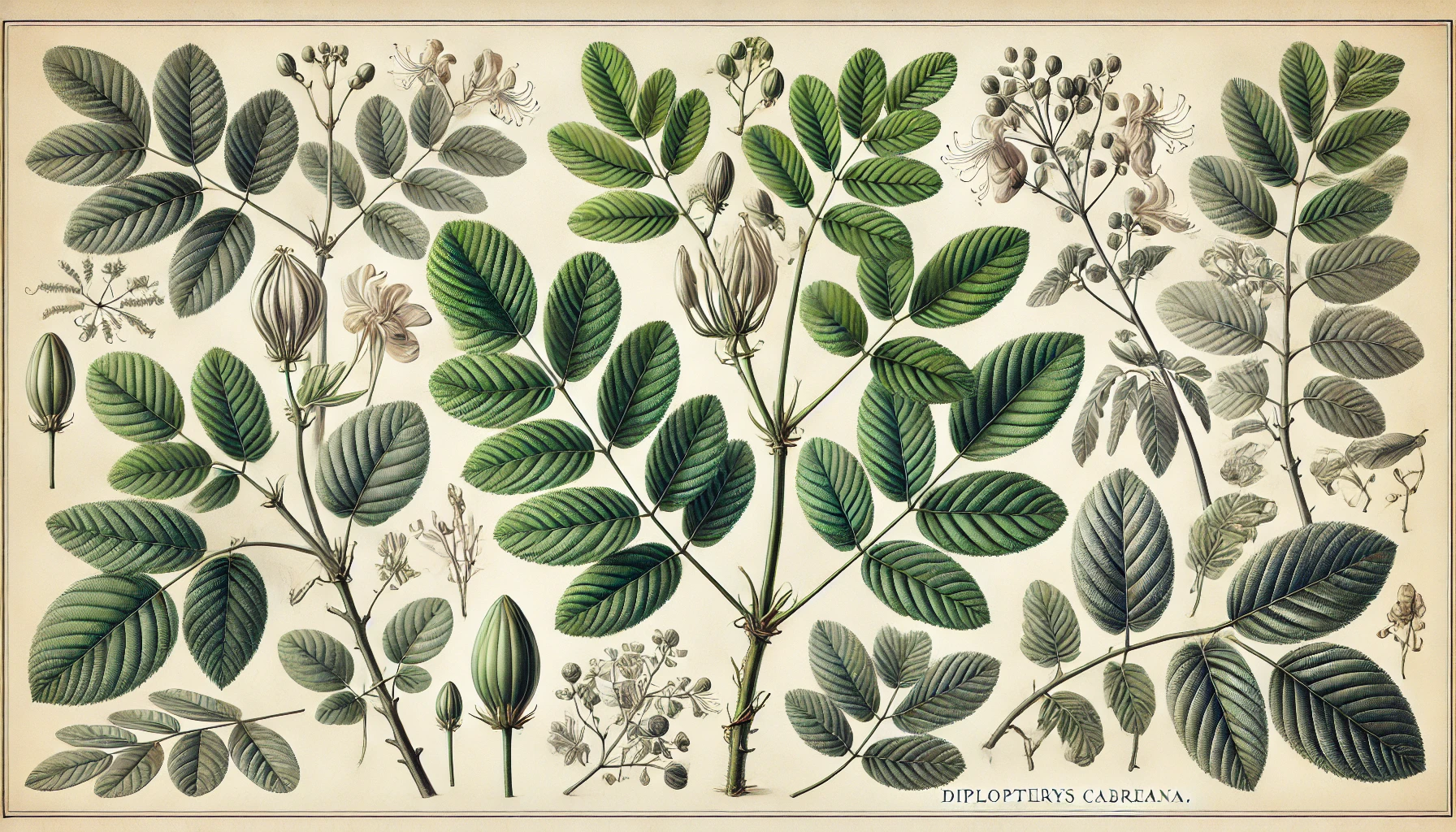
Chaliponga is a climbing vine with slender, woody stems that can grow several meters in length.
The leaves are large, glossy, and elliptical in shape, with prominent venation and a dark green coloration.
The vine produces small, inconspicuous flowers that are greenish-yellow in color. These flowers give way to elongated seed pods containing numerous seeds.
Habitat and Distribution
Chaliponga is native to the Amazon rainforest and other regions of South America, including Peru, Ecuador, Colombia, and Brazil.
It thrives in tropical rainforest habitats, where it climbs and twines around trees and other vegetation for support.
Cultural and Spiritual Significance
Chaliponga has a long history of traditional use among indigenous tribes in the Amazon rainforest, particularly in shamanic rituals and ceremonies.
It is revered as a sacred plant ally and teacher, valued for its ability to induce profound spiritual experiences and healing insights.
Cultural Practices
In traditional ceremonies, Chaliponga leaves are often brewed into a psychoactive tea or decoction, which is ingested by participants to facilitate spiritual exploration and healing.
Chaliponga is also used in conjunction with other plant allies, such as ayahuasca, to potentiate and enhance the effects of the brew.
Conservation Status
Due to habitat destruction, deforestation, and overharvesting, Chaliponga populations are facing threats in its natural habitat.
Efforts are underway to conserve and protect Chaliponga and other sacred plants of the Amazon rainforest through sustainable harvesting practices, community-based conservation initiatives, and cultural revitalization programs.
Our Claiponga is sustainably harvested and comes mostly from plantations maintaned by the local communities.

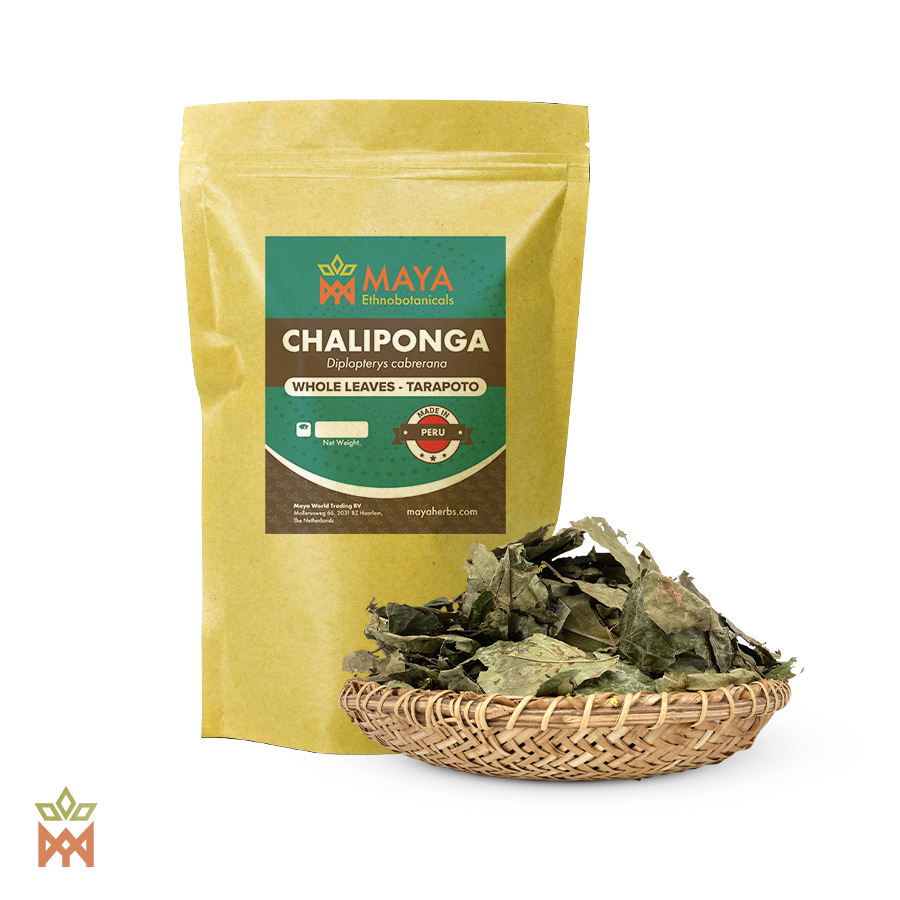
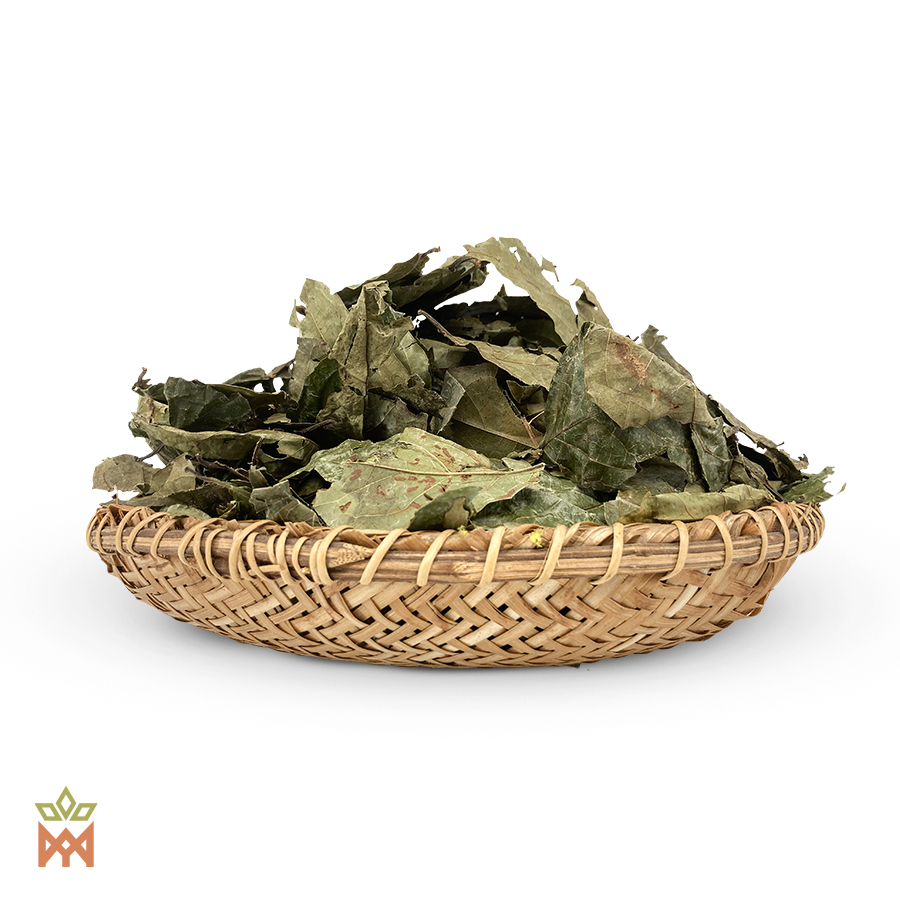
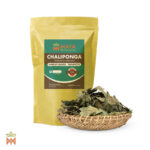
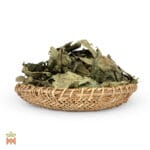
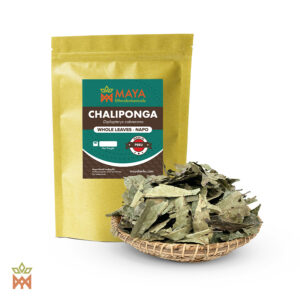

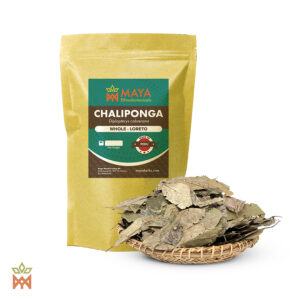
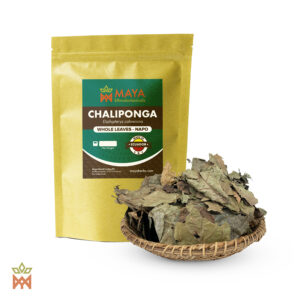
Andrej (verified owner) –
My favorite leaf for yage brew, that is strong and healing.
This chali tends to deliver and produce very good space for deep work.
It’s exceptional for somatic or body work too. Cheers!